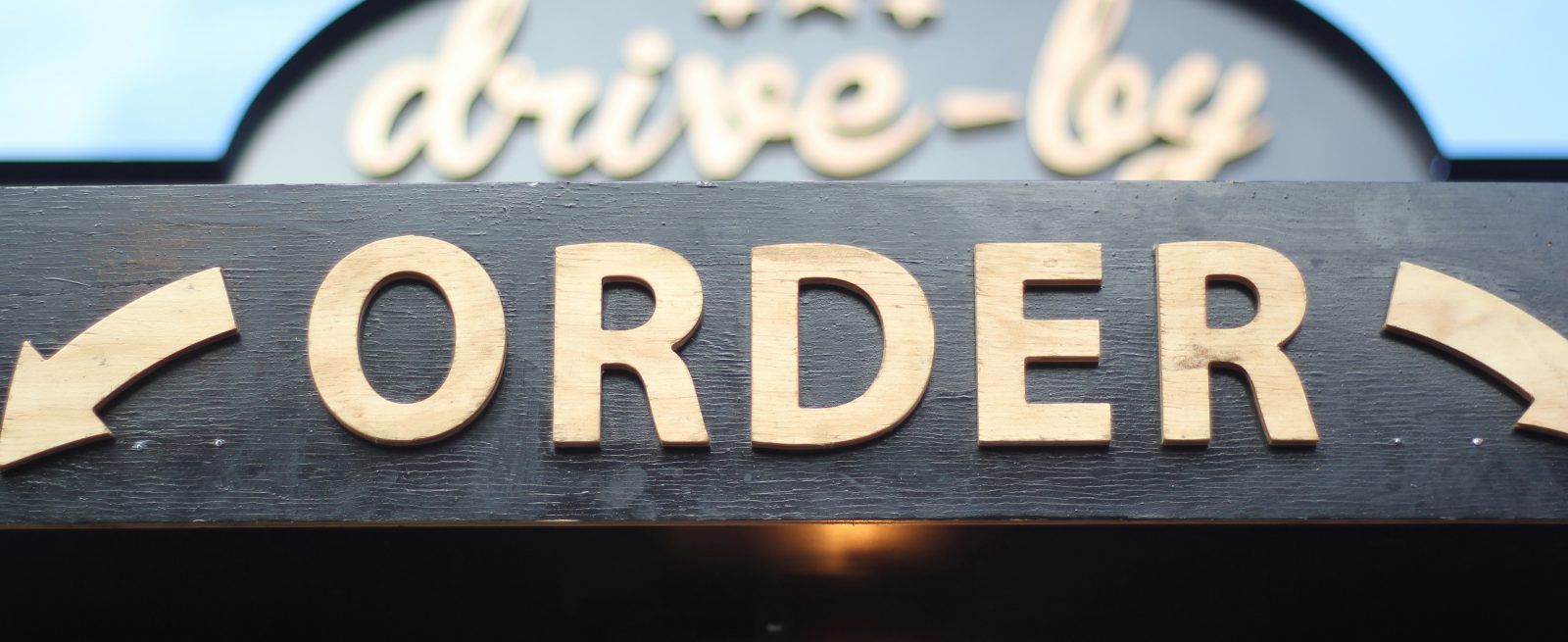Restaurant Reservations: The Direct Booking War
3 Min Read By Allison Page
The travel hospitality industry saw a reckoning beginning in 2015 in the form of book direct campaigns. In fact, they were so successful that, for well-known brands like Hilton, direct bookings now account for approximately one third of all of bookings made at their properties. Airlines and hotels discovered that with direct booking they were able to better service their guests by offering special accommodations and more beneficial loyalty programs. However, the biggest benefit was undoubtedly the ability to collect and analyze guest data directly – allowing them to tailor their offerings even further and turn every guest into a return customer.
While third-party reservation services have taken center stage in the restaurant industry for more than 20 years, it’s now time for restaurants to follow in the travel industry’s footsteps and start thinking strategically about how they can build direct relationships with their guests, utilizing third-party platforms as just one of many channels to reach their guests.
Costing More Than It’s Worth
Third-party booking services excel at attracting new guests and increasing brand awareness through strong consumer networks. These services can be valuable as marketing tools, but if used as the only channel, it means they own the guest relationship and all the data that accompanies it. Relying solely on third-party sites come at a steep cost — not only to your bottom line, but in hindering your ability to establish meaningful, long-lasting relationships with your guests that can turn tables of new faces into regulars.
In the travel industry, consumers began to lose trust in OTAs, or online travel agencies, because of the lack of personalization, robotic processes and even lack of data protection. In fact, more than 50 percent of travel fraud comes from OTAs. If restaurants continue down the path of third-party reservation platforms, they not only run the risk of high costs, but also dissatisfied customers. Direct booking will help bring flexibility and personal touch to guests from their first, and arguably the most important interaction: the reservation.
Standing Out in the Crowd
So how is a direct restaurant reservation different and why is it important? When a guest books a reservation through one of your owned channels — including your website, reservations team or social media — that’s a direct reservation and comes at no cost to you. Free business, free data and endless possibilities.
Imagine this scenario: A guest who dined at your restaurant last week had a great experience and wants to return with her friends for dinner. She knows she wants to dine at your restaurant and goes directly to your website. When she clicks to book, she is taken to another third-party website to book the reservation. When this happens, you’re not only paying for a guest whose loyalty you already have, you’re also missing a critical opportunity to capture important information that can be used to personalize the guest experience and tailor future marketing efforts. Even worse, if your restaurant happened to be booked for the evening, you never had a chance to offer a table at another property in your portfolio. But you can be sure, the third-party booking service found them a table at a competitor’s restaurant.
Changing Attitudes to Improve the Experience
Using third-party booking sites has become second nature to guests and while changing that behavior may take time, it can be done, as proven in the travel industry. Restaurants can start by looking at technology solutions that put the restaurant first, finding a business solution to a business problem. If you want to prioritize direct reservations, a third-party site can, and should, be part of your marketing mix, but not the entire strategy.
Here are a few ways forward-thinking restaurants can put direct booking front and center for their guests:
- Segment and tier your inventory: Offer preferred seating options or availability on your website, encouraging guests to book direct for primetime slots or the coveted Chef’s Table
- Differentiate the booking experience: Let guests book tables further in advance, or offer unique upgrades and experiences like a kitchen tour or mixology class
- Change-up your policies: Require credit cards to hold reservations, or enforce cancellation fees made on a third-party site
- Tailor the in-service experience: Reward bookings made directly through your website with in-service perks, such as custom wine pairings or complimentary food and drinks
- Share the benefits: Promote direct reservations in all email communications to guests, across your social media channels, and on your website
- Educate your staff: Train servers and hosts to offer guests perks during their visit, or use reservationists or call centers to tell guests about the benefits of direct booking
As seen in the travel industry, restaurants now have the ability to fully own their guest relationships through increasing direct bookings. This data collected can be used as the cornerstone of a more personalized experience for guests, and a more efficient and profitable operation for your restaurant.
For more insights on how to drive direct bookings for your restaurant, download our free guide: Own Your Guest Relationships: The Direct Reservations Playbook for Restaurants.


